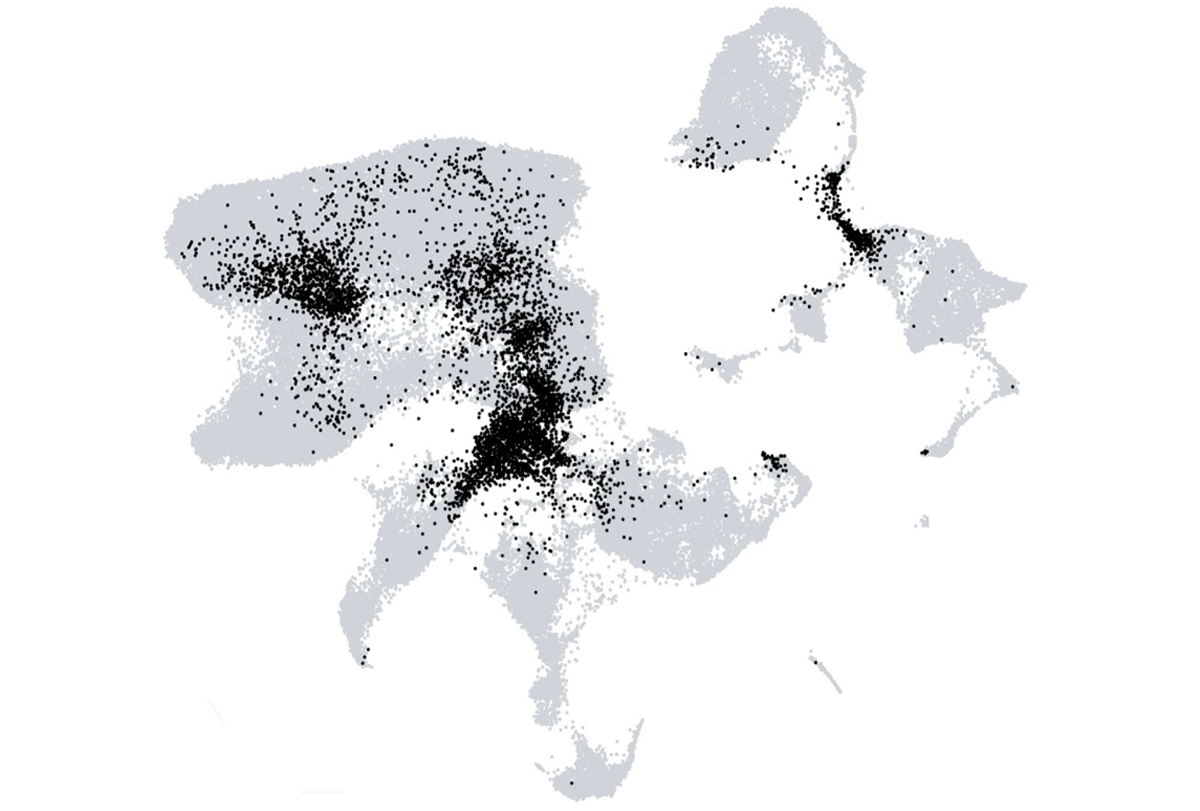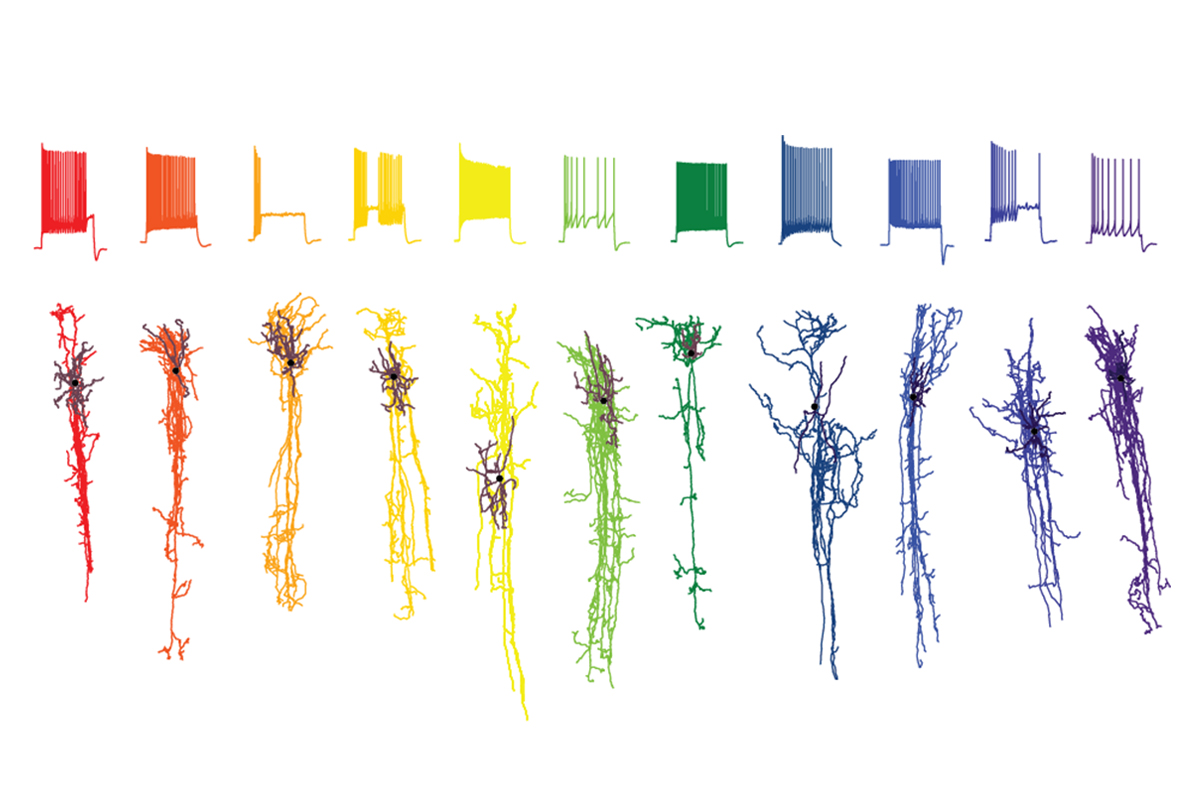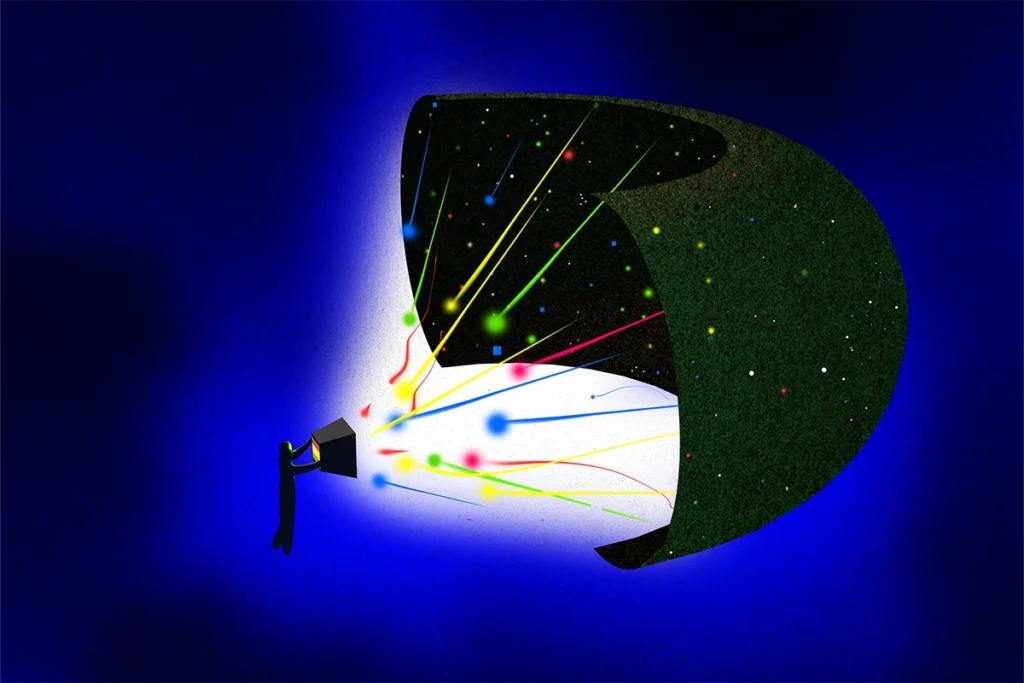
Nature retracts paper on novel brain cell type against authors’ wishes
A 2022 paper was retracted after an independent team of researchers reanalyzed the data and questioned its validity.
Over the objections of the authors, the editors of Nature have retracted a 2022 paper on the cellular origins of medulloblastoma after an independent team’s reanalysis questioned the paper’s key findings. The reanalysis was published as a Matters Arising article today in Nature at the same time as the retraction notice.
The 2022 paper, led by Q. Richard Lu, professor of pediatrics at Cincinnati Children’s Hospital Medical Center, identified a previously unknown transitional cerebellar progenitor (TCP) cell type via single-cell sequencing of human fetal cerebella. Single-cell profiling of medulloblastoma samples showed a “substantial increase in the proportion of transitional TCP-cells,” suggesting that these cells could be involved in cancer development, the authors wrote in the paper. The work has been cited 27 times, according to Clarivate’s Web of Science.
This cell type may not exist at all, though, according to the reanalysis, which was led by Paul Northcott, a faculty member at St. Jude Children’s Research Hospital. The team could not find evidence of the cells in an independent cerebellar atlas, and they detected the proposed marker genes for TCP cells—HNRNPH1, SOX11 and CTNNB1—“in similar proportions of both TCP and non-TCP cells” in Lu’s original atlas, Northcott and his colleagues wrote in their paper.
What’s more, the purported TCP cells in the 2022 study had “a low nuclear fraction of detected transcripts” and low unique molecular identifier counts, which are “consistent with ambient RNA contamination predominantly contributed by a single donor,” the reanalysis says. Northcott did not respond to multiple email requests for comment by the time of publication.
The retraction notice states that “concerns that there was insufficient evidence for the transitional cerebellar progenitor (TCP) population were brought to the attention of the editors” after the publication of Lu’s paper in 2022. Post-publication peer review cast “doubt on a key novel conclusion of the paper,” leading to the retraction, the notice says.
Lu says he and the other authors of the original paper do not agree with the findings of the Matters Arising article or the retraction by Nature. The dispute over his work falls “within the realm of scholarly norm” but does not rise to the level of needing a retraction, Lu says, adding that his comments on this matter represent his personal view and not that of his employer. “I really believe this is a debate, not an error we made,” he says.
L
u says Nature informed him of the Matters Arising article disputing his findings in April 2023. He and his colleagues then did further experiments and analyses and submitted a Reply to the Matters Arising paper for publication in Nature. In November 2024, though, he says, Nature informed him that it would not publish the Reply and planned to retract the 2022 paper. Lu posted the Reply as a preprint on bioRxiv last month.The preprint suggests that the independent cerebellar atlas does verify the existence of TCP cells. Lu and his co-authors analyzed the same atlas as Northcott’s team and identified cell types highly enriched in SOX11 and HNRNPH1, which “corroborates the presence of a TCP-like population,” according to the preprint.
And when Lu’s team reanalyzed their original dataset using a more stringent data cutoff to exclude ambient RNA contamination, they still concluded that the TCP cells “possess a distinct transcriptional identity characterized by a set of significantly enriched marker genes,” the preprint says.
Last month, Lu filed a complaint with the Committee on Publication Ethics (COPE) to ask the committee to conduct an independent review to determine if Nature “followed COPE guidelines and best editorial practices” during this process, he wrote in the letter. There is not “clear evidence” of an error that warrants retraction, Lu says, adding that he would retract the study if there was a mistake that changed the conclusions.
This is Lu’s second retraction. In 2022, the editors of Cell Death & Disease retracted a 2017 study he co-authored because of “repeating features” in multiple figure panels, the retraction notice states. Lu says he was not the principal investigator on the work and has no knowledge of those figures. Additionally, he and his colleagues are correcting an “inadvertently duplicated” panel in one figure of a 2009 Nature Neuroscience study, Lu says. Data-integrity sleuth Elisabeth Bik pointed out the duplication on PubPeer in June 2025.
Editor’s note
Recommended reading
Expanding set of viral tools targets almost any brain cell type

Vast diversity of human brain cell types revealed in trove of new datasets

Organoid study reveals shared brain pathways across autism-linked variants
Explore more from The Transmitter

Imagining the ultimate systems neuroscience paper

What’s next for brain-directed gene therapy after death in Neurogene trial
